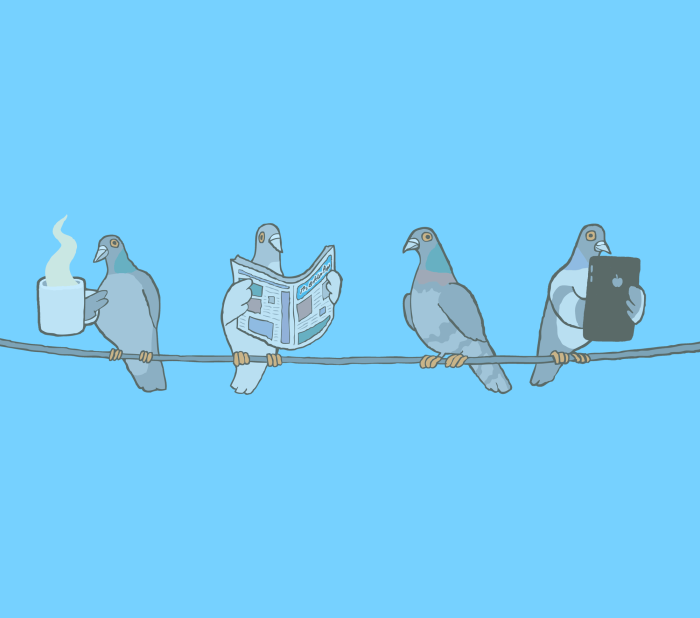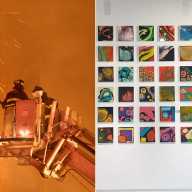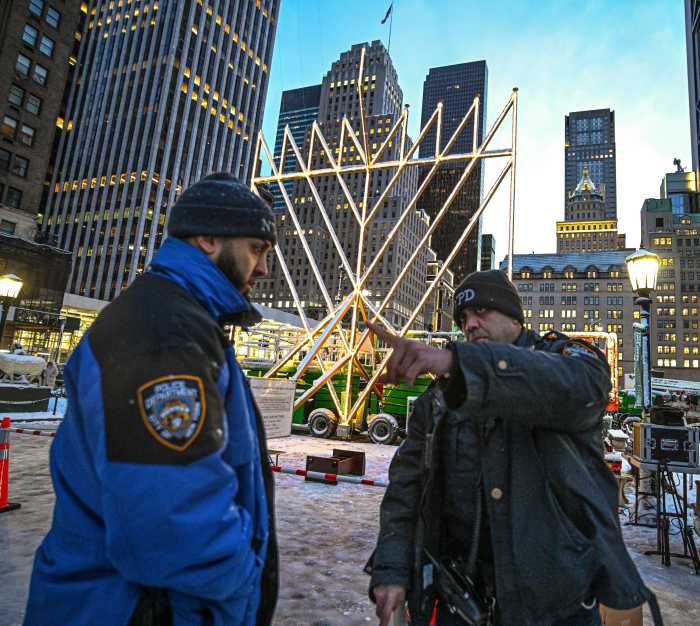Up until this point, all of my columns have been complain-y and depressing, offering few positive solutions. It should be clear by now that our governments are failing us. They have been failing us for a long time. My column two weeks ago referred to the notion that Mitch McConnell will keep screwing with the rest of the country, and that was before he started trying to literally bankrupt the Blue states.
Donald Trump and, to a far lesser but still galling extent, Mayor Bill de Blasio are both walking, motorcading, speechifying advertisements of their inadequacy. Governor Andrew Cuomo has received accolades so far, but time will reveal that he did not do all he could do — right now, it’s easy to think of three or four mistakes he and the state are making.
But just as clear — from history at least — as our government failure is that groups of people working together are capable of great things. So today I am going to tell you about two small groups you should be forming. I refer to them as affinity groups, after the Spanish anarchist organizing model.
The first group you should form is with your friends and some of their friends. This group is for creating and funding a news library, and I think it should have about ten households in it. Good journalism is essential for making good decisions, and increasingly good journalism costs money from the consumer. This is as it has been for the entire era of the printing press, excepting the last hundred years. The group should share passwords or ideally use a common login to systematically subscribe to news. A lot of news. The richer or more voracious members should pay more. Ideally most of the group will live in the same city and state, but it is not necessary that they all do.
I believe the news reading group should subscribe to the four major newspapers of the country, at least a half-dozen magazines, and three to six local news sources. The local news outlets should probably receive double subscriptions from the group.
The second group is composed of people who live very near you, and is for mutual aid. Ultimately, you are trying to create a group where you are comfortable talking about each other’s food, medical, and financial needs and helping each other. It is much more important to pick people who live near you than your close friends.
Besides propinquity, the other thing you should be selecting for in the mutual aid group is diversity: ages and incomes, but ideally also race and ethnicity, class background and educational level. Diverse groups are stronger; you are looking for about fifteen active members but can start with three or four; you don’t have to talk politics with everyone.
How will you make it through this cataclysm? With your friends and neighbors, of course.






















